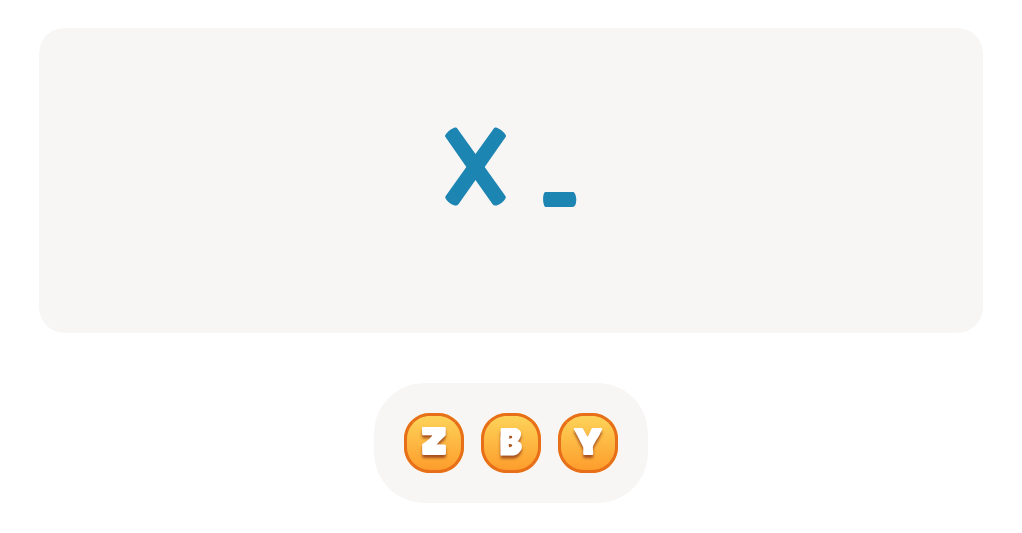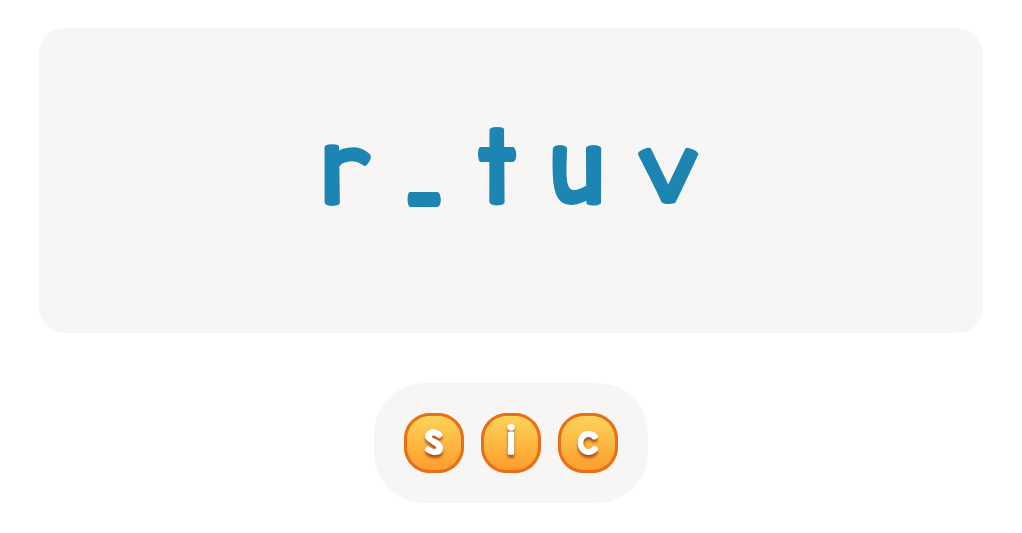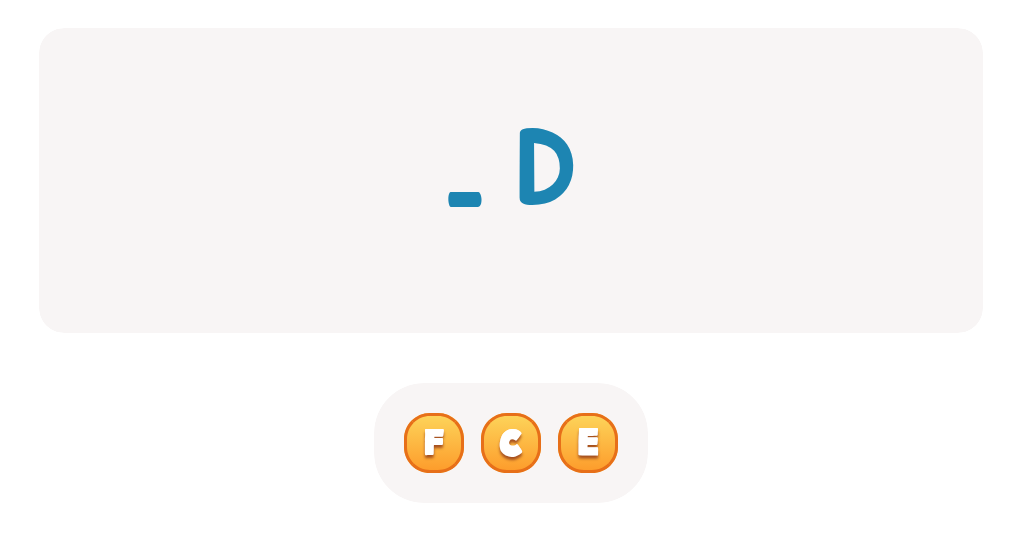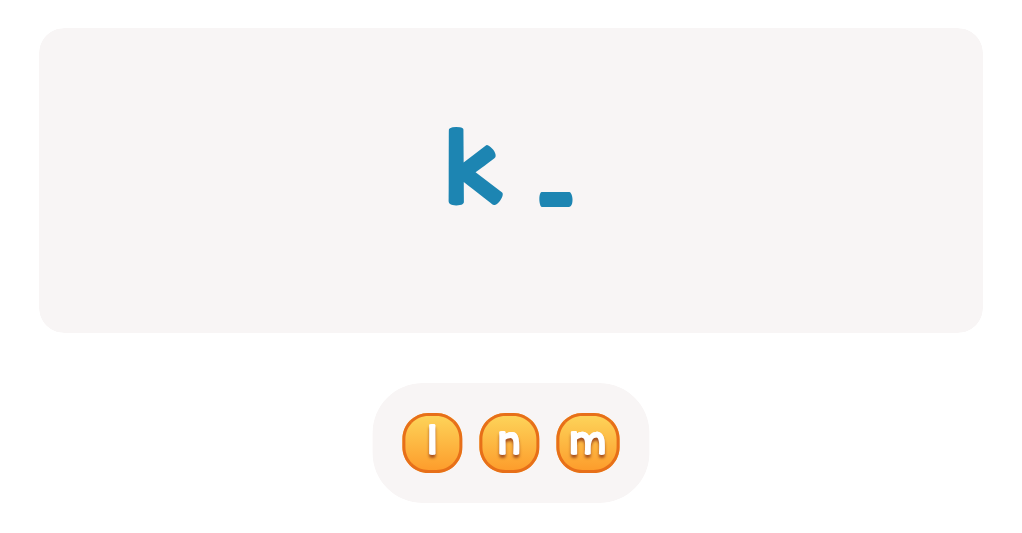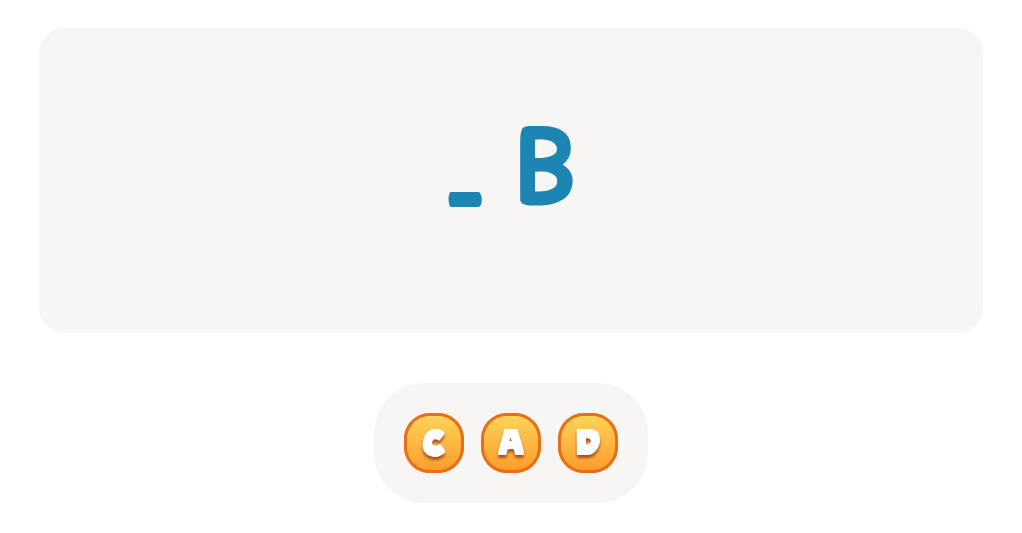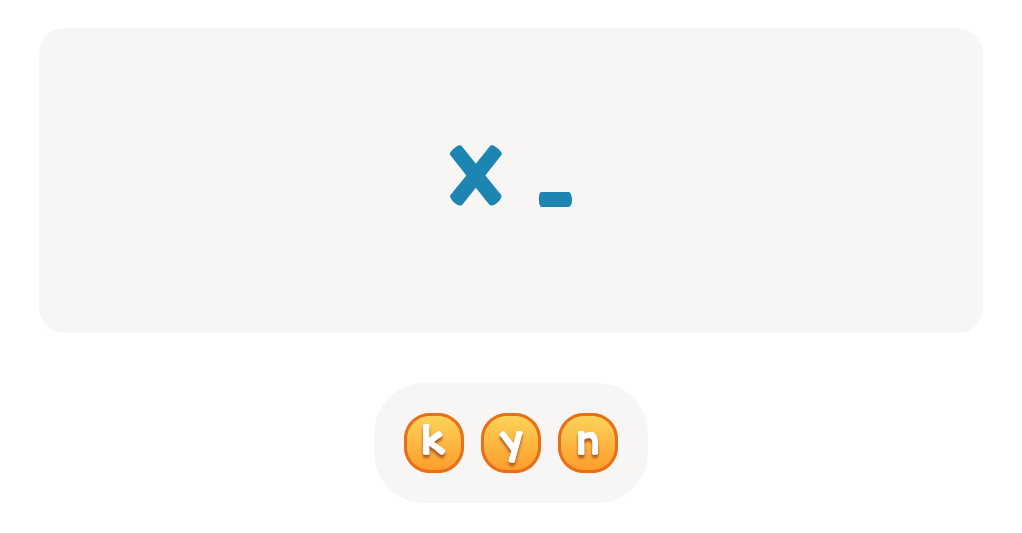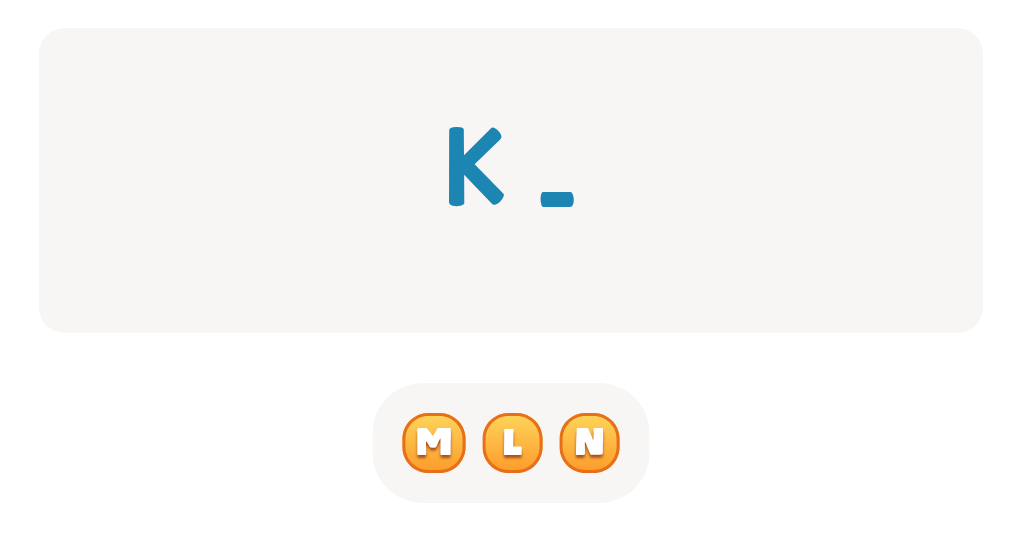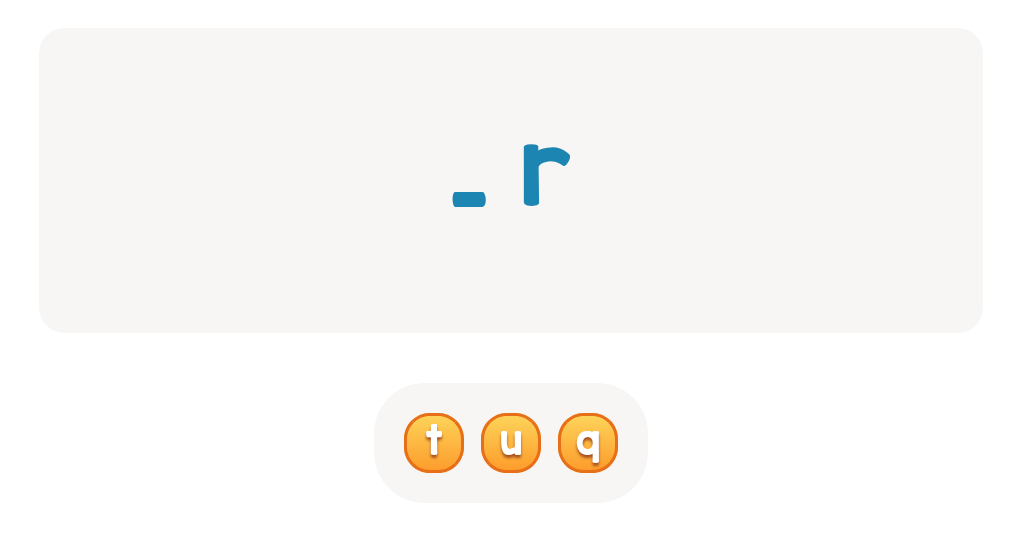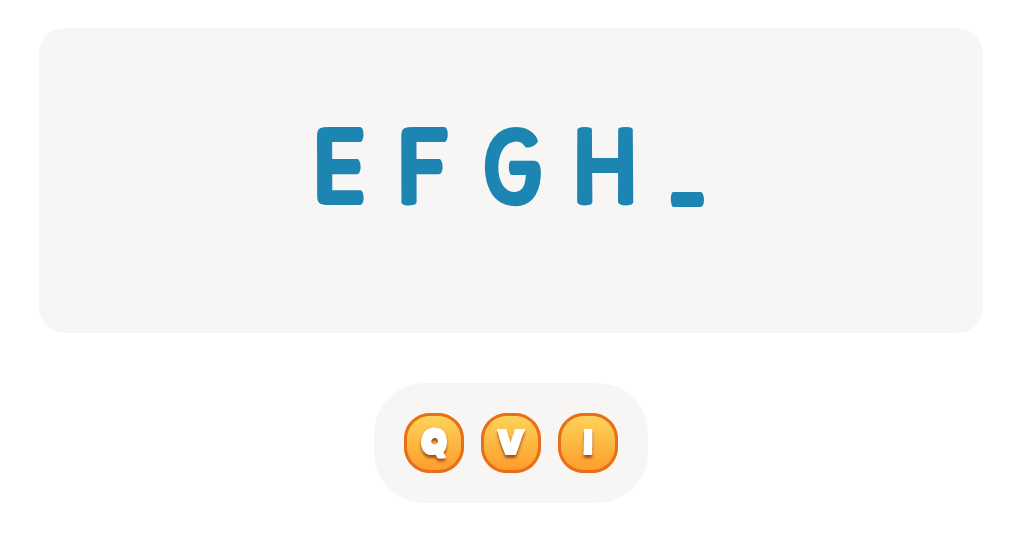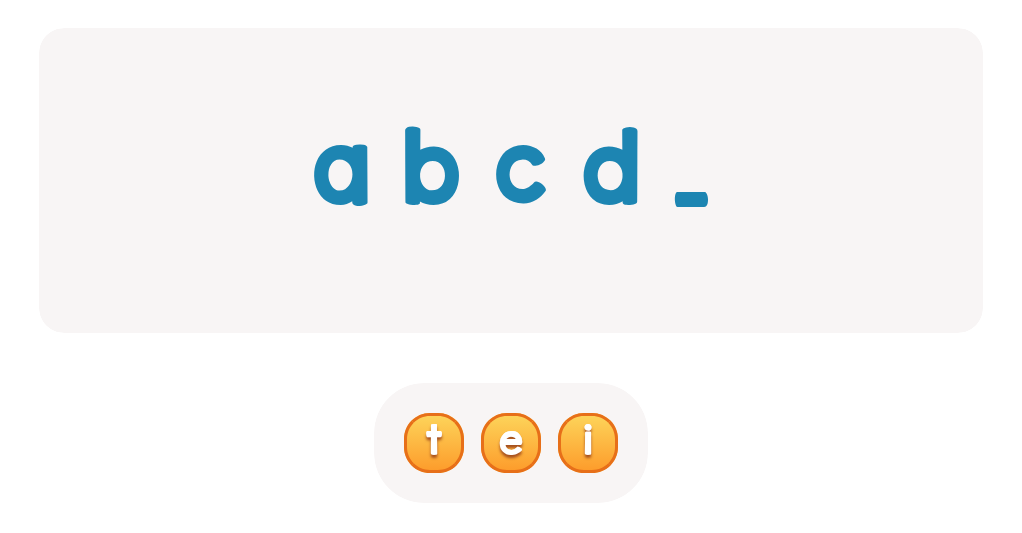Capitalization rules Upper & Lowercase Letters Worksheets for Ages 3-4
3 filtered results
-
From - To
Explore our engaging Capitalization Rules Upper & Lowercase Letters Worksheets tailored for ages 3-4! These interactive worksheets make learning about capitalization fun and easy, helping young learners distinguish between uppercase and lowercase letters. Designed with colorful illustrations and kid-friendly activities, children will develop a foundational understanding of writing rules while enhancing their fine motor skills. Perfect for homeschooling or classroom use, these worksheets will inspire creativity and boost confidence in early literacy. Foster essential writing skills with our comprehensive resources and set your child on the path to language excellence today! Try them out for an adventurous learning experience!
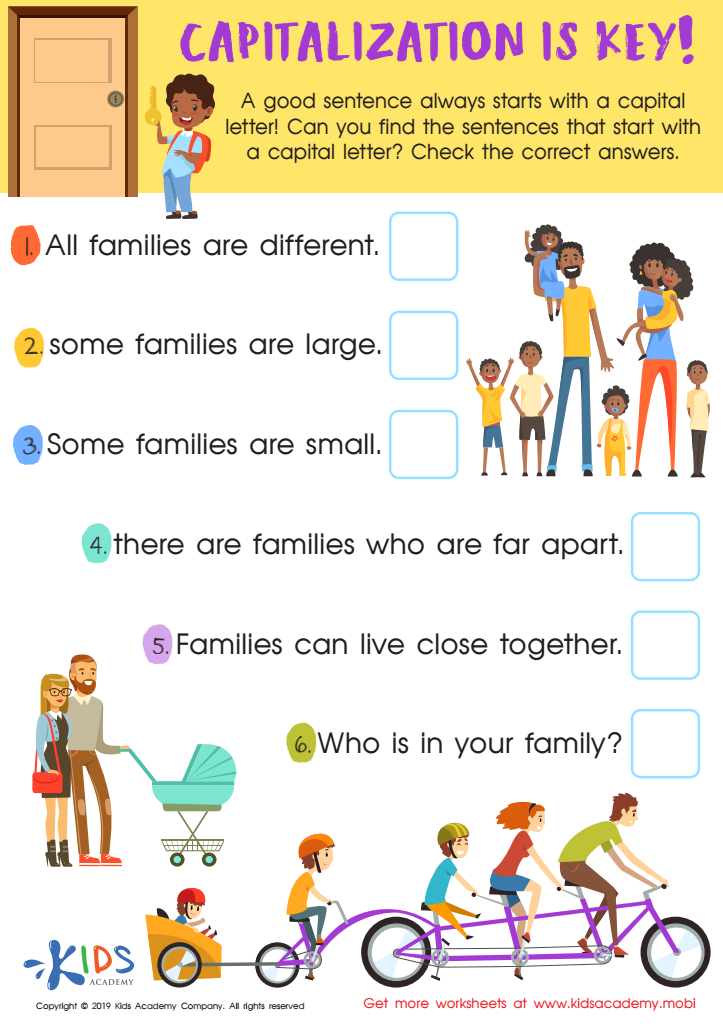

Capitalization Key Worksheet
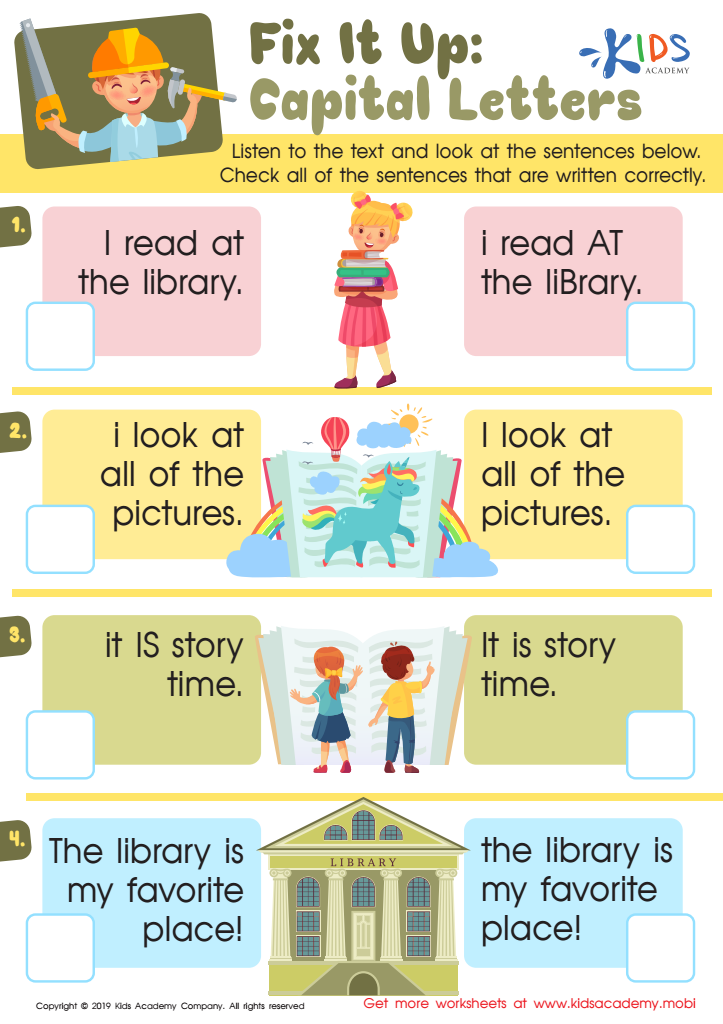

Fix Capital Letters Worksheet
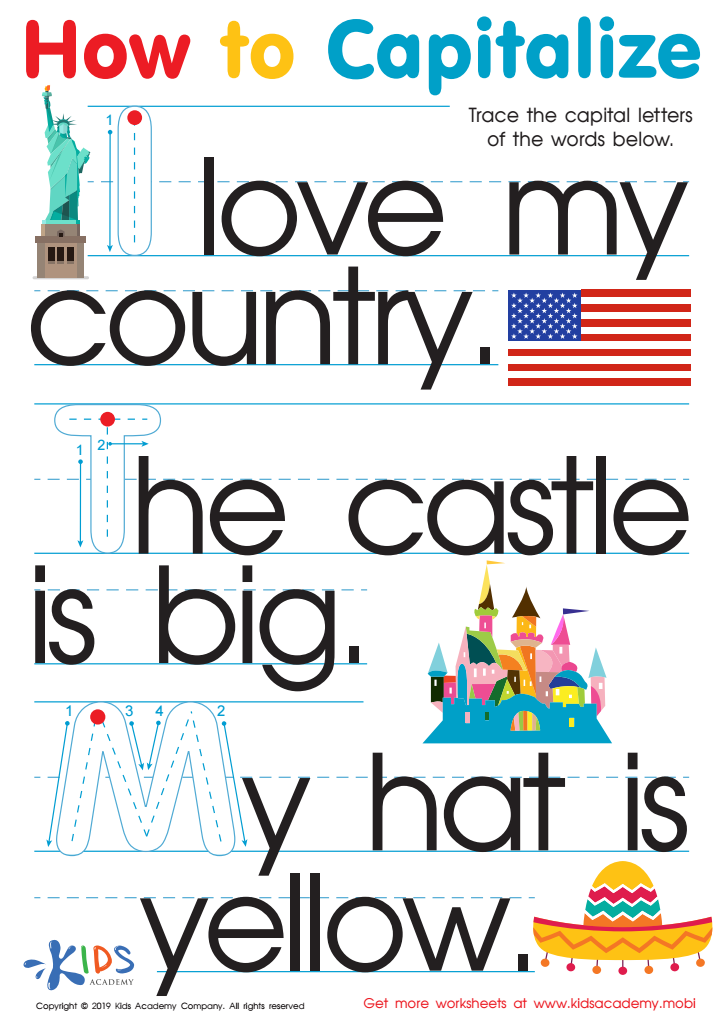

How to Capitalize Worksheet
Understanding capitalization rules is crucial for young children aged 3-4 as they embark on their journey to reading and writing. Parents and teachers should care about this foundational aspect of language for several reasons. Firstly, learning to differentiate between upper and lowercase letters helps children develop strong reading skills. Recognizing that names, places, and the beginning of sentences begin with uppercase letters aids in comprehension and fluency as they explore books.
Additionally, mastering capitalization fosters effective communication. By practicing these rules, children learn the importance of clarity in writing. For instance, distinguishing between "polly" (a common noun) and "Polly" (a proper noun) contributes to a richer vocabulary and an understanding of word function in context.
Moreover, capitalization rules serve as an entry point to broader concepts in grammar and literacy. Instilling these basics at an early age builds confidence and encourages a love for language, setting the stage for future academic success.
In summary, teaching capitalization rules at ages 3-4 equips children with essential tools for reading and writing, enhances their communication skills, and lays the groundwork for ongoing vocabulary growth and literacy development. Parents and teachers play a pivotal role in fostering this knowledge, supporting children’s early literacy milestones.
 Assign to My Students
Assign to My Students
